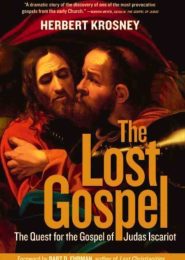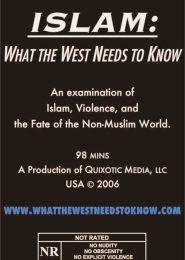The God Who Wasn’t There (2005)
The God Who Wasn’t There is a documentary that challenges common beliefs. Directed by Brian Flemming, it was released in 2005. The film explores the Christ myth theory, which questions the historical existence of Jesus.
It suggests that early Christian doctrine and the Pauline epistles do not align with the life of a historical Jesus. Instead, they point to a mythical figure, with earthly details added later.
The documentary also compares the Jesus story to other savior myths of the time. It highlights similarities, suggesting that the Jesus character may have been inspired by these earlier stories.
Moreover, the film looks at the Massacre of the Innocents. It shows how this event in the Gospels mirrors a story from the Book of Exodus.
Besides questioning the existence of Jesus, the film critiques other aspects of Christianity. Flemming argues that moderate Christianity is less logical than fundamentalist views. He believes the Bible contains messages that do not support tolerance of non-Christians.
The film also discusses the concept of belief and damnation in Christianity. It presents the idea that doubting the Holy Spirit is seen as the greatest sin.
Lastly, the documentary touches on the historical Christian fascination with blood sacrifice. It uses Mel Gibson’s The Passion of the Christ as an example. The film’s success, despite its graphic violence, is seen as evidence of this ongoing obsession.
This documentary invites viewers to look at Christianity from a different angle. It encourages people to question and think critically about religious narratives and practices.




